New flooring; hardwood or....?
polly_il
11 years ago
Related Stories

REMODELING GUIDESContractor Tips: Smooth Moves for Hardwood Floors
Dreaming of gorgeous, natural wood floors? Consider these professional pointers before you lay the first plank
Full Story
REMODELING GUIDESTransition Time: How to Connect Tile and Hardwood Floors
Plan ahead to prevent unsightly or unsafe transitions between floor surfaces. Here's what you need to know
Full Story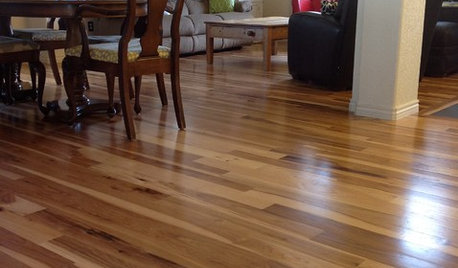
MATERIALSWhat to Ask Before Choosing a Hardwood Floor
We give you the details on cost, installation, wood varieties and more to help you pick the right hardwood flooring
Full Story
HOUSEKEEPINGHow to Clean Hardwood Floors
Gleaming wood floors are a thing of beauty. Find out how to keep them that way
Full Story
FLOORSHow to Paint Your Hardwood Floors
Know how to apply nail polish? Then you can give your wooden floors a brand-new look
Full Story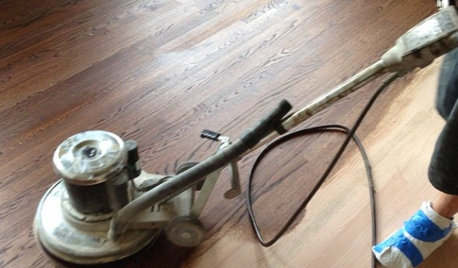
GREAT HOME PROJECTSWhat to Know Before Refinishing Your Floors
Learn costs and other important details about renewing a hardwood floor — and the one mistake you should avoid
Full Story
DECORATING GUIDES9 Tasteful Ideas for Traditional Living Room Floors
From a crisply styled area rug to beautifully bare hardwood, these flooring ideas will keep your living room clean and classic
Full Story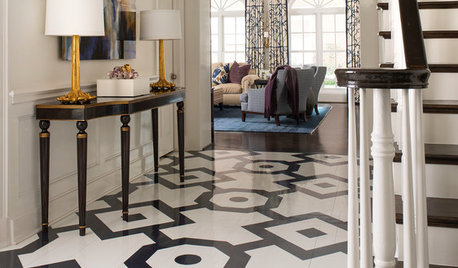
FLOORS6 Alternative Flooring Ideas to Kick Up Your Style
Rubber, cork, concrete and other materials are worthy options in lieu of hardwood or tile
Full Story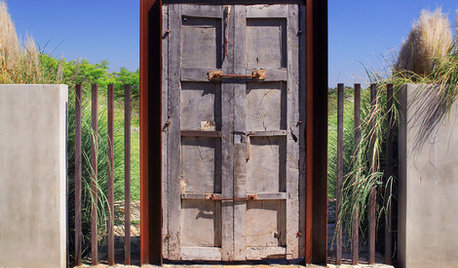
MATERIALSMesquite: The Brawny Beauty for All Over the Home
Denser than other hardwoods and sporting beautiful coloration, mesquite makes a fine material for flooring, countertops, furniture and more
Full Story
BEFORE AND AFTERSHouzz TV: See Recycled Walls and Cool Cassette Art in a Woodsy DIY Home
Walnut countertops join hardwood floors and pieces made from leftover framing in a bright Spanish colonial
Full StoryMore Discussions






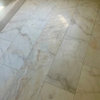
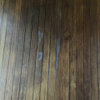
User
grout_guru325
Related Professionals
Avondale Flooring Contractors · Hubert Flooring Contractors · Knoxville Flooring Contractors · Limerick Flooring Contractors · South Plainfield Flooring Contractors · Farragut Tile and Stone Contractors · Lake Nona Tile and Stone Contractors · Bell General Contractors · Canandaigua General Contractors · Hammond General Contractors · Kailua Kona General Contractors · Point Pleasant General Contractors · Saginaw General Contractors · Sulphur General Contractors · Walnut Park General Contractorspolly_ilOriginal Author
User
KMBC
grout_guru325